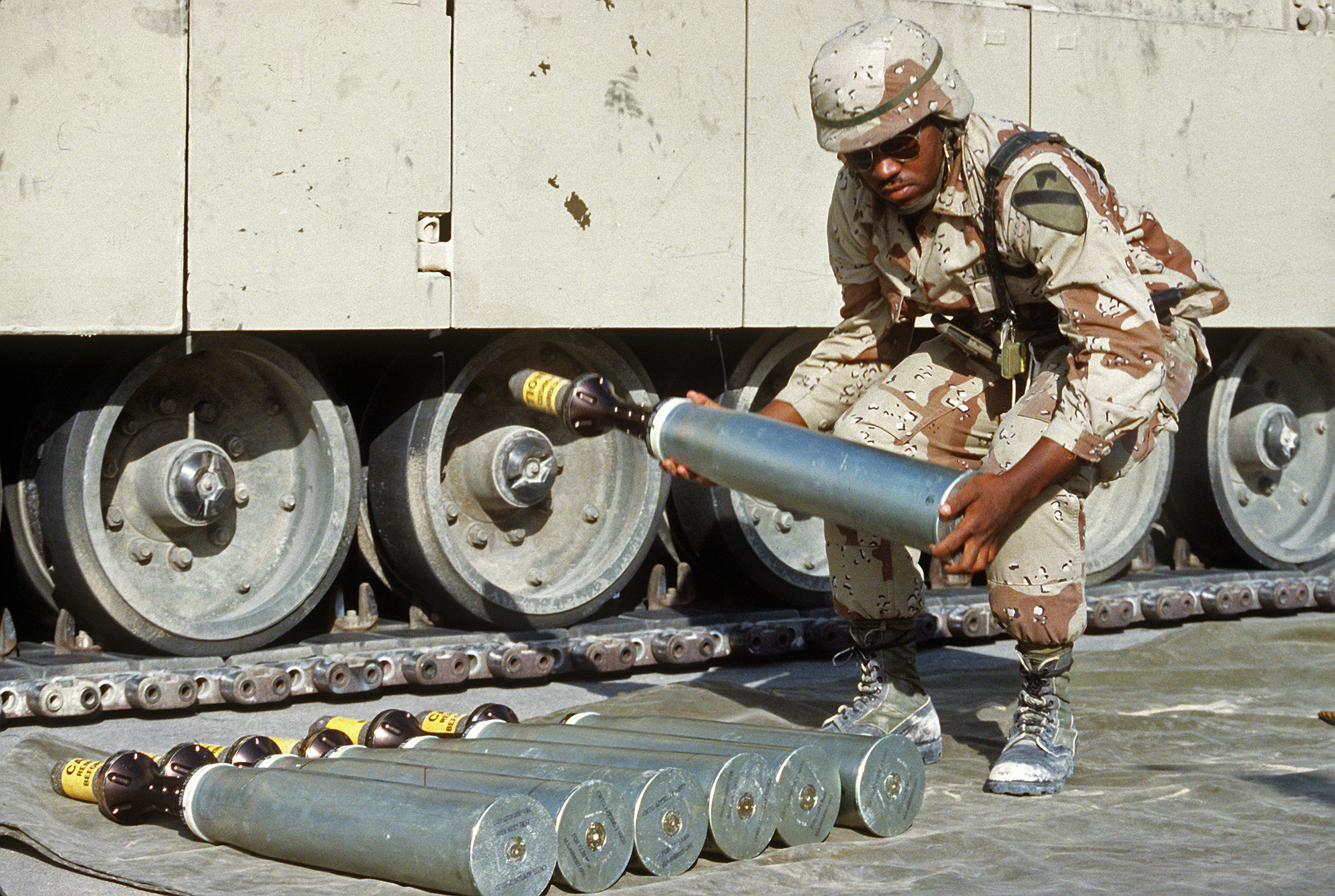Public Health
Research update: No link found between Gulf War illness and depleted uranium

Depleted uranium (DU) is a byproduct of the uranium enrichment process. It is created when natural uranium from the earth’s crust is made suitable for use in nuclear reactors. DU has about 60 percent of the radioactivity of uranium and the same chemical toxicity
.
During the Gulf War, the U.S. military used DU in tank armor and for some bullets due to its high density, helping it to penetrate enemy armored vehicles. Veterans may have been exposed to DU when they were on, in, or near vehicles hit with friendly fire; entering or near burning vehicles; near fires involving DU munitions; or salvaging damaged vehicles.
In 2000, the Institute of Medicine, now known as the National Academies of Sciences, Engineering, and Medicine, published Gulf War and Health: Updated Literature Review of Depleted Uranium. The organization concluded after an extensive review of the literature and science that “there is still not enough evidence to determine whether exposure to depleted uranium is associated with long-term health problems.”
Since then, VA’s Depleted Uranium Follow-Up Program and Toxic Embedded Fragment Surveillance Center have investigated thousands of concerns related to DU. Currently, no health problems associated with DU exposure have been found in exposed Veterans.
In addition, researchers published a study In 2021 that examined a representative sample of Gulf War Veterans’ urine. The researchers concluded that inhalation of DU from exploding munitions did not lead to Gulf War illness in Veterans deployed in the 1991 Persian Gulf War.
Researchers and clinicians continue to monitor the health of Veterans exposed to DU. If you have concerns about possible health effects from DU exposure, please contact an Environmental Health Coordinator near you and consider enrolling in the Depleted Uranium Follow-Up Program.
During the COVID-19 pandemic, registry exams have been temporarily suspended or reduced at some locations, but efforts are underway to reengage Veterans who want to participate. In many places, exams are offered through telemedicine or VA Video Connect. Some facilities are doing a two-step (virtual, then in-person) process for those who require an in-person exam or other testing. To find out options for a registry exam near you, please contact your local Environmental Health Coordinator.




















